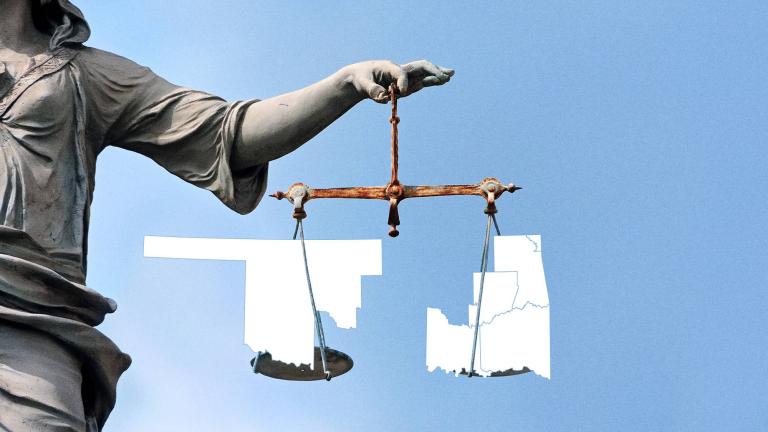On Tuesday, the U.S. Supreme Court announced it would not hear an appeal to overturn a court-ordered environmental review of the Dakota Access Pipeline. While hailed as a final legal victory for the Standing Rock Sioux Tribe, the pipeline will continue to operate while the review is conducted.
“The litigation concerning the pipeline is over, but the fight continues,” said EarthJustice attorney Jan Hasselman. Earthjustice has represented the Standing Rock Sioux Tribe since 2016. “We call on the administration to close the pipeline until a full safety and environmental review is complete. DAPL never should have been authorized in the first place, and this administration is failing to address the persistent illegality of this pipeline.”
The court’s ruling centers on the construction of the pipeline under Lake Oahe, a reservoir on the Missouri River and important source of water for Standing Rock and other Indigenous nations. The pipeline has been vigorously opposed by Indigenous nations and activists since 2016, gaining support from environmental groups, members of congress, and state governments. Despite the historic resistance, construction on the Dakota Access Pipeline was completed in 2017.
Earlier that year, before construction was finished, the Army Corps of Engineers issued an easement to allow the pipeline to cross Oahe, but in 2020, it was revoked by a Federal judge who said the Army Corps violated environmental laws and mandated an environmental review. Last January, the U.S. court of Appeals upheld that ruling, and in May, a district court denied the tribe’s request for an injunction to shut down the pipeline until the review was completed.
“The unacceptable risk of an oil spill, impacts to Tribal sovereignty and harm to drinking water supply must all be examined thoroughly in the months ahead as the U.S. Army Corps conducts its review of this pipeline,” Hasselman said in a statement at the time.
But even the most recent environmental review has met with controversy. Last September, the Standing Rock Sioux Tribe, Cheyenne River Sioux Tribe, and the Oglala Sioux Tribe called on the Army Corps to restart the Environmental Impact Statement process, calling it “fatally flawed” and pointing to a contractor who is a member of the American Petroleum Institute. The Army Corps’ own regulations prohibit contractors from having any financial or other interest in a project.
Standing Rock, other tribes, and environmental groups are hopeful that a fresh, unbiased environmental review will lead to the shutdown of the controversial pipeline. In court documents, Energy Transfer said the pending review makes the pipeline “vulnerable to a shutdown.”
The Army Corps of Engineers has said the review is due to be completed later this year. While the review is underway, the pipeline continues to carry 750,000 barrels of oil per day from the Bakken oil fields in North Dakota to a terminal in Illinois. EarthJustice and other groups have called on President Biden to issue an executive order to shut down the pipeline. The Biden administration has not announced any plans to do so.




